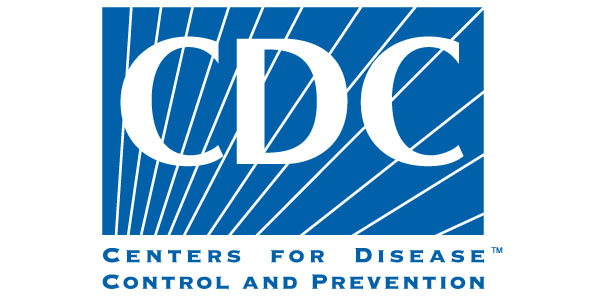According to the Centers for Disease Control and Prevention, an individual can recognize potential monkeypox infection based on the similarity of its clinical course to that of ordinary discrete smallpox.
After infection, there is an incubation period of roughly 1-2 weeks. The development of initial symptoms (e.g., fever, malaise, headache, weakness, etc.) marks the beginning of the prodromal period.
A feature that distinguishes infection with monkeypox from that of smallpox is the development of swollen lymph nodes (lymphadenopathy). Swelling of the lymph nodes may be generalized (involving many different locations on the body) or localized to several areas (e.g., neck and armpit).
Shortly after the prodrome, a rash appears. Lesions typically begin to develop simultaneously and evolve together on any given part of the body. The evolution of lesions progresses through four stages—macular, papular, vesicular, to pustular—before scabbing over and resolving.
The illness typically lasts 2-4 weeks. The severity of illness can depend upon the initial health of the individual, the route of exposure, and the strain of the infecting virus (West African vs. Central African virus genetic groups, or clades). West African monkeypox is associated with milder disease, fewer deaths, and limited human-to-human transmission. Human infections with the Central African monkeypox virus clade are typically more severe compared to those with the West African virus clade and have a higher mortality. Person-to-person spread is well-documented for Central African monkeypox virus.
For more information on identifying monkeypox, click here.




